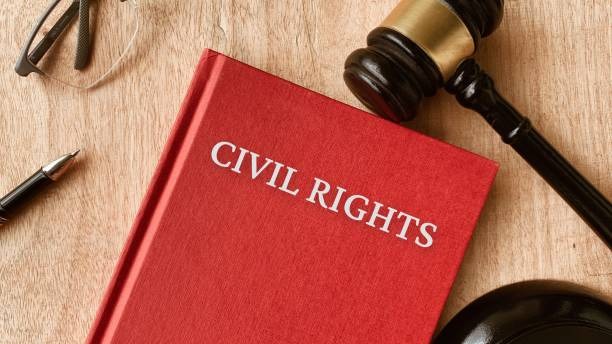Understanding your legal rights empowers you to protect yourself, advocate for others, and engage responsibly in society. Whether you’re facing a police encounter, signing a contract, or voting in an election, knowing your fundamental legal rights is essential. Here’s a breakdown of the most important legal rights every citizen should know.
1. Right to Equality
What it means: All individuals are equal before the law and are entitled to equal protection without discrimination.
Why it matters: You cannot be denied public services, education, employment, or other opportunities based on race, religion, gender, caste, or nationality.
2. Right to Freedom
Includes:
- Freedom of speech and expression
- Freedom to assemble peacefully
- Freedom to form associations or unions
- Freedom to move freely within the country
- Freedom to reside and settle anywhere
- Freedom to practice any lawful profession
Why it matters: These rights ensure you can voice opinions, move about, and earn a living without undue government interference—within reasonable legal boundaries.
3. Right to Life and Personal Liberty
What it means: No person shall be deprived of life or personal liberty except according to the law.
Why it matters: This protects individuals from unlawful arrest, detention, or state violence and ensures access to fair legal procedures.
4. Right Against Unlawful Arrest or Detention
Key points:
- You must be informed of the reason for your arrest.
- You have the right to remain silent.
- You must be presented before a magistrate within 24 hours.
- You are entitled to legal counsel.
Why it matters: Knowing this helps you respond appropriately if you’re detained and ensures your protection from misuse of power.
5. Right to Privacy
What it means: You have the right to protect your personal data and communications from unauthorized access.
Why it matters: Especially relevant in the digital age, this right helps safeguard your information from both government and private intrusion.
6. Right to Legal Aid
What it means: If you cannot afford legal representation, the state must provide you with free legal aid in criminal cases.
Why it matters: Ensures that justice is accessible to everyone, regardless of income or background.
7. Right to Vote
What it means: Every adult citizen has the right to vote in local, state, and national elections, provided they meet eligibility criteria.
Why it matters: It’s a fundamental part of democracy, allowing citizens to choose leaders and influence public policy.
8. Right to Property
What it means: Citizens have the right to acquire, hold, and dispose of property, subject to legal restrictions.
Why it matters: This ensures you can own assets and are protected from arbitrary land seizure without due process and compensation.
9. Right to Information
What it means: Citizens have the right to access information from public authorities under laws like the Right to Information (RTI) Act.
Why it matters: Promotes transparency and holds government bodies accountable for their actions and decisions.
10. Right to a Fair Trial
What it includes:
- Presumption of innocence until proven guilty
- Access to legal counsel
- Public hearing by an impartial court
- Right to appeal
Why it matters: Protects individuals from biased or unjust treatment within the legal system.
Final Thoughts
Knowing your legal rights is not just about avoiding legal trouble—it’s about living with dignity, security, and freedom. Stay informed, ask questions, and seek legal assistance when necessary. A well-informed citizen is the first line of defense in a just society.





Leave a Reply